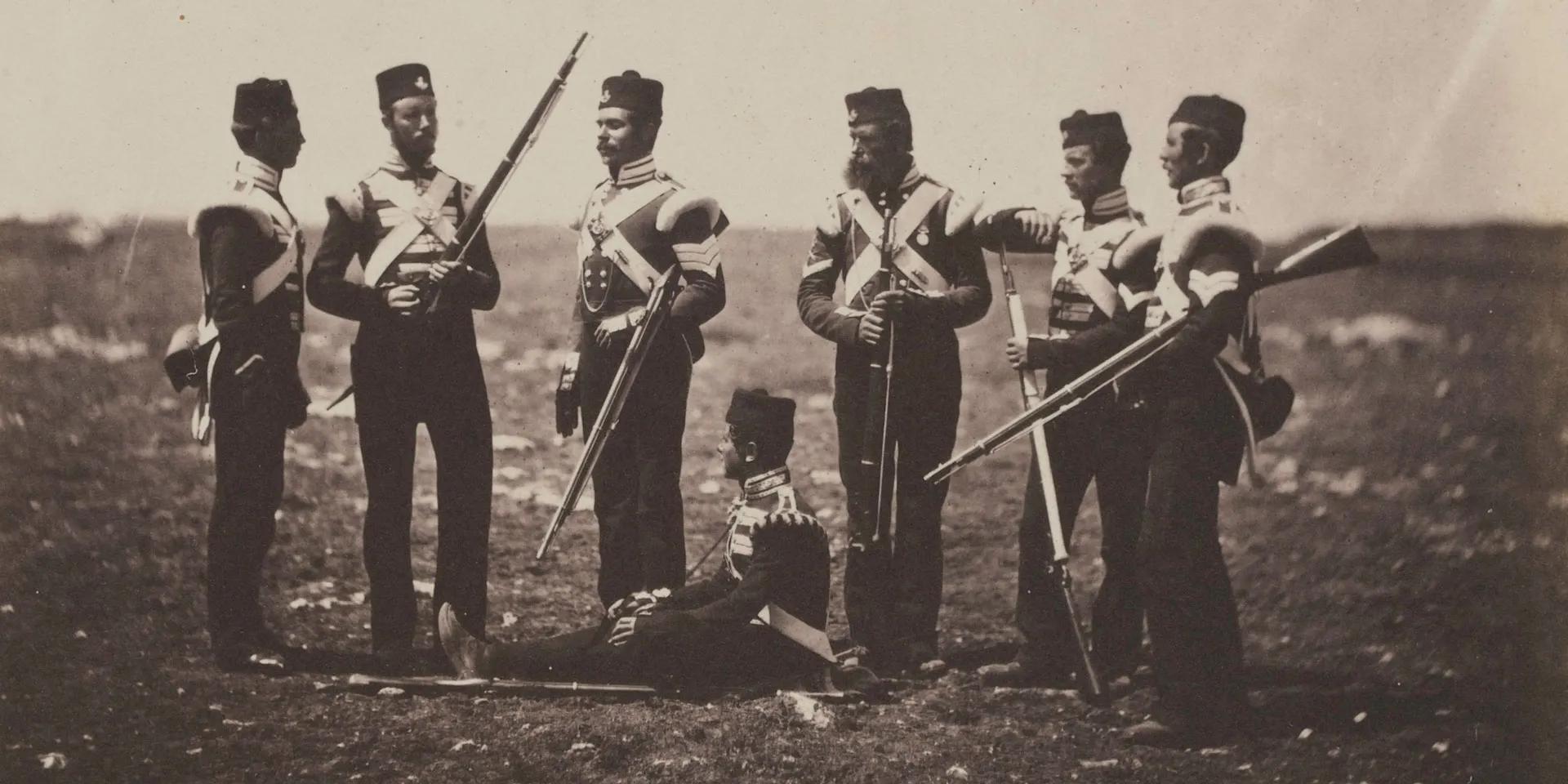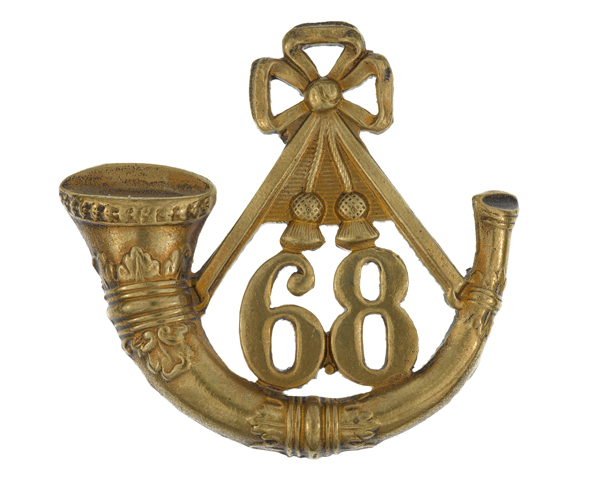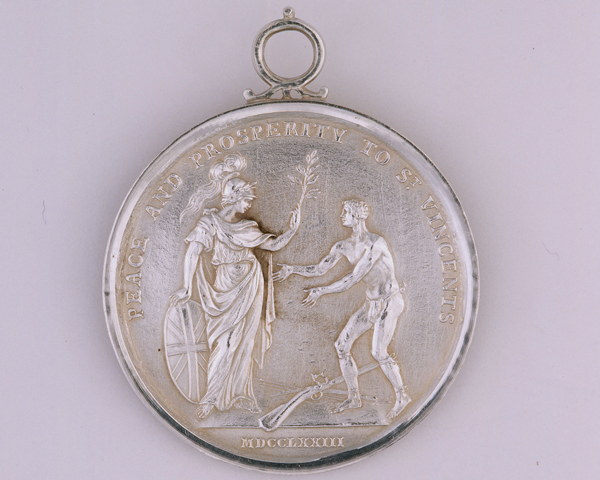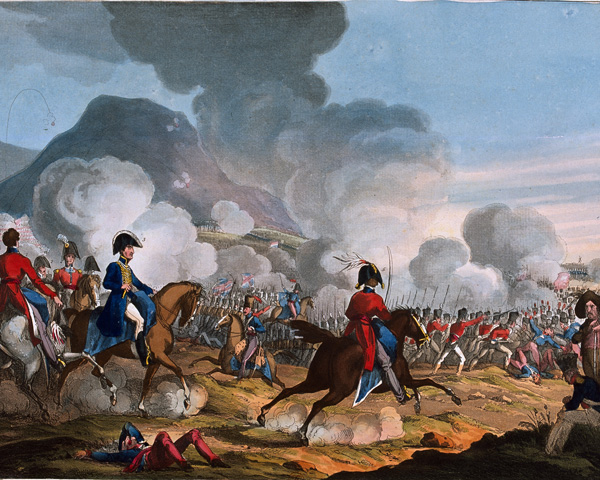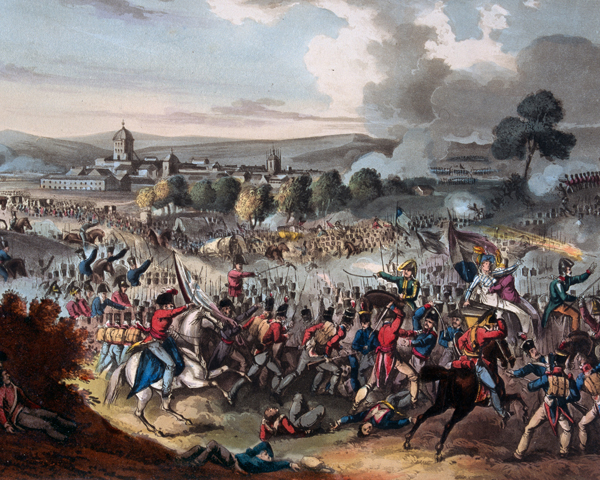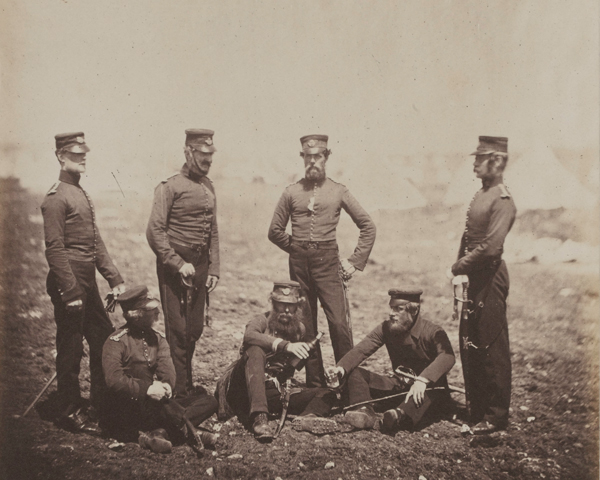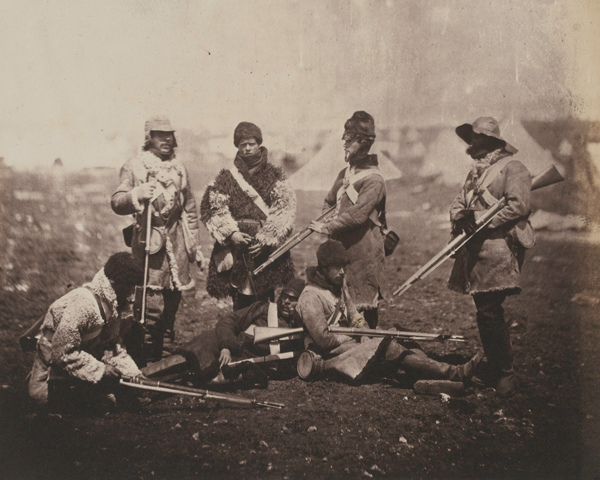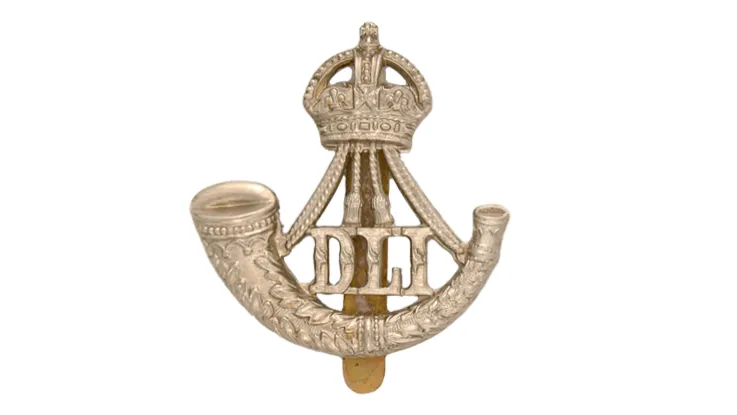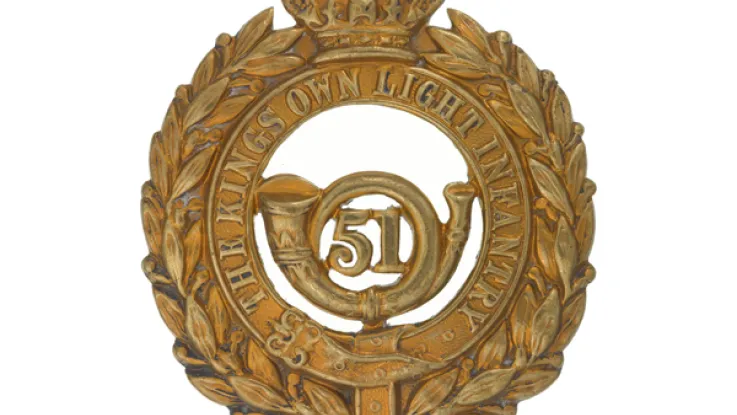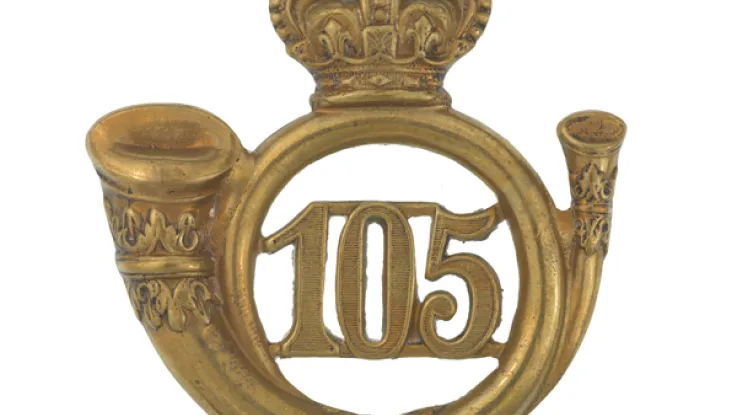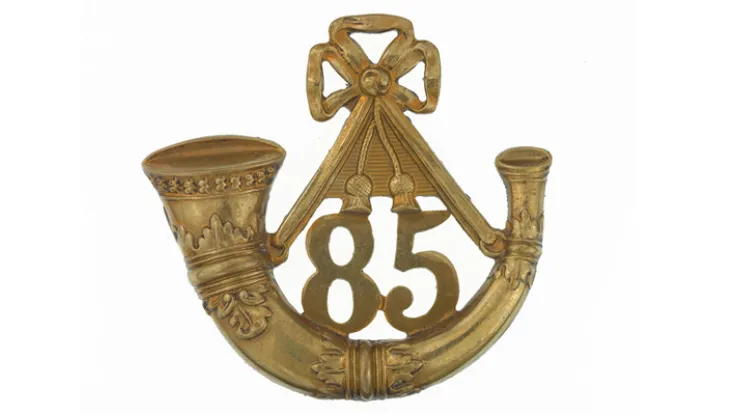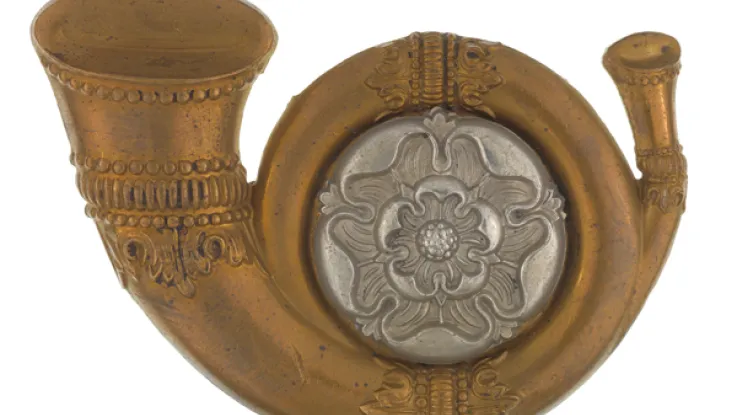Origins
Following the outbreak of the Seven Years War (1756-63) in 1756, the 23rd Regiment of Foot raised a 2nd Battalion in Leicester. Two years later, in April 1758, this was turned into a regiment in its own right with the numeral 68. The new regiment’s first colonel was John Lambton, and its early recruiting took place in his home county of Durham.
Only months after its formation, the regiment was sent on raids on the French ports of St Malo and Cherbourg. Following garrison duties in England, Scotland and Ireland, the unit was sent to the West Indies in 1764. It was rewarded for its service in the Carib War (1769-73) against the native inhabitants of St Vincent by being excused from drinking the loyal toast to the monarch.
Deployments
After further home garrison service, it became the county regiment of Durham in 1782, formalising its links with that region.
That same year, the regiment mutinied after receiving orders to sail for Jamaica. Instead, it was sent to the Channel Islands, which were under threat from revolutionary America’s French and Spanish allies at that time.
From 1785, the regiment garrisoned Gibraltar for nine years. After that, it was sent back to the West Indies, taking part in the capture of St Lucia (1797) and St Vincent (1797) from coalitions of runaway slaves, Caribs and French forces.
After an intervening period in Britain and Ireland, the regiment returned to the West Indies from 1801 to 1806. During that time, it suffered heavy losses to disease. Some of its men were split off for two years (1800-02) to form a 2nd Battalion. This served alongside 1st Battalion during the suppression of a mutiny by the 8th West India Regiment.
Napoleonic Wars
In 1808, it became the third British line infantry regiment to be converted wholly to light infantry. The following year, it was sent on the Walcheren Expedition to the Netherlands.
It was then deployed to the Peninsular War (1808-14) in 1811, fighting at Cuidad Rodrigo (1812), Badajoz (1812), Salamanca (1812), Vitoria (1813), Nivelle (1813) and Orthez (1814).
The regiment returned to Ireland for four years in 1814. This was followed by its first Canadian postings (1818-29 and 1841-44) and spells of garrison duty in Britain, Gibraltar and Jamaica.
Victorian wars
It sailed for the Crimean War (1854-56) in 1854, where Private John Byrne won the regiment’s first Victoria Cross (VC) at Inkerman (1854). It also fought at Alma (1854) and Sevastopol (1855), winning a further two VCs during the conflict.
The regiment was sent to Burma in 1857. It remained there for six years, before moving on to New Zealand, where it fought in the Maori Wars (1863-66). In 1872, it landed in India for the first time, serving as garrison troops for the next decade.
Legacy
It was still in India in 1881, when it was merged with another light infantry unit, the 106th Regiment of Foot (Bombay Light Infantry), to form The Durham Light Infantry.
Regimental museums
The National Army Museum works with a network of Regimental and Corps Museums across the UK to help preserve and share the history and traditions of the Army and its soldiers.
Discover more about the 68th (Durham) Regiment of Foot (Light Infantry) by visiting the Durham Light Infantry Collection Gallery at Palace Green Library in Durham and the Durham Light Infantry Collection Research and Study Centre in Spennymore.

